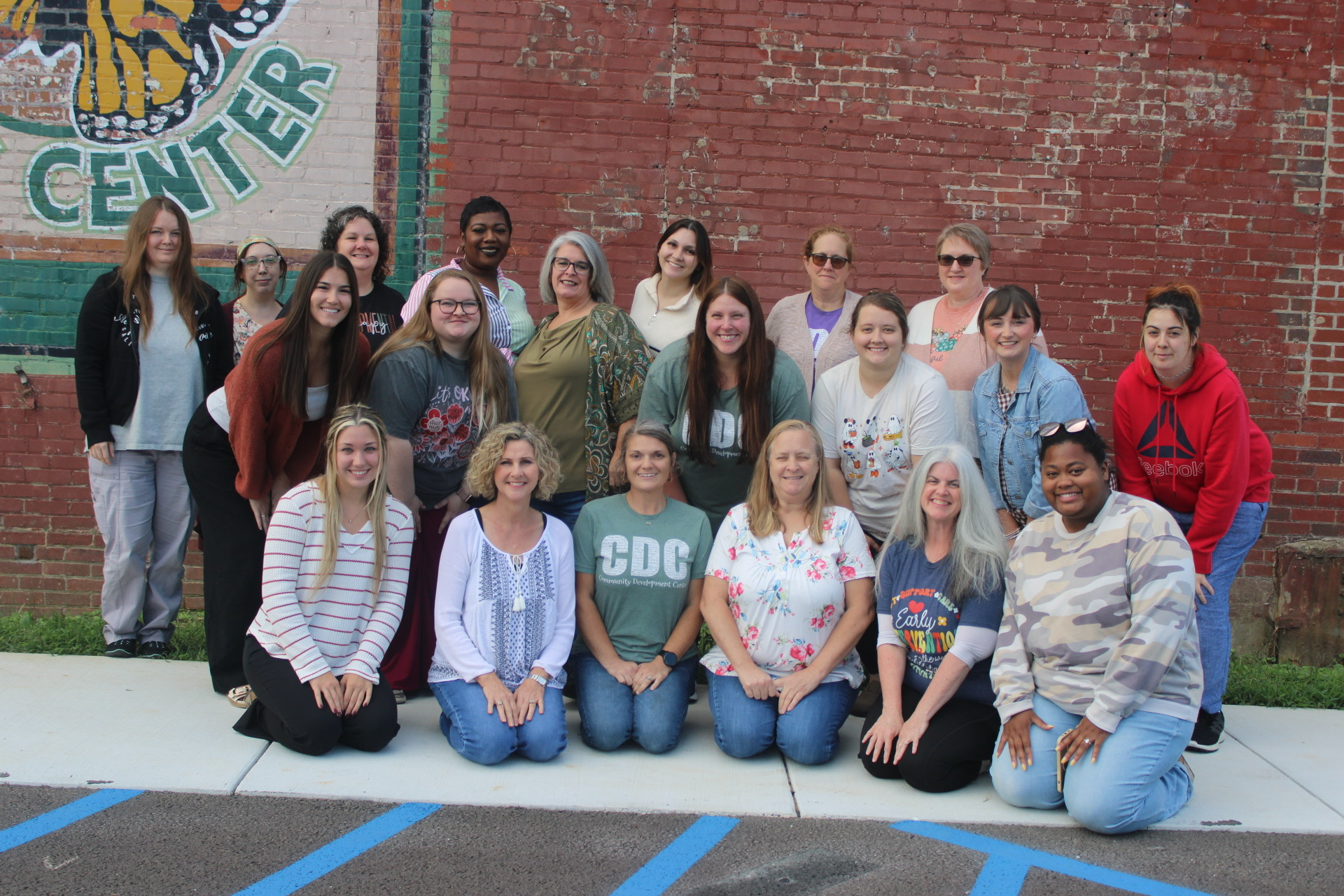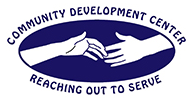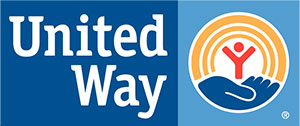Early Intervention

Child Development Center of Bedford County
Child Development Center of Coffee, Franklin, and Moore Counties
Child Development Center of Giles County
Child Development Center of Lawrence, Lewis, Maury, and Wayne counties
Child Development Center of Lincoln County
Child Development Center of Marshall County
Who We Are:
Services:
What is Early Intervention?
The principles of Early Intervention are to:
- Support families in promoting their child’s optimal development
- Facilitate the child’s participation in family and community activities.
- Encourage the active participation of families in the intervention by imbedding strategies into family routines.
Early intervention in Tennessee focuses not only on the child, but primarily on the family or caregiver. The family is present and involved in every aspect of the intervention as Early Interventionists (EI) from the CDC help families to discover ways to support their child’s development through everyday routines and activities. Together, the EI and family work as a team to develop a plan and activities for addressing developmental goals established by the family. Progress toward goals and strategies are assessed every six months to ensure services are meeting the needs of the family and child.
Collaborations
CDC staff assist families enrolled in the program to locate and access resources within their community and the State. The early intervention program is part of an interagency community. By establishing a cooperative and collaborative atmosphere with other agencies, the CDC is better able to address the needs of this young population and their families. The CDC works closely with their local health care providers, Head Start programs, health departments, the Department of Human Services and the local school systems.
Cost
Early Intervention services at the CDC are available without cost to the families. Major funding to the program is provided through a contract with the Tennessee Early Intervention System.
Other sources of funding include United Way, city and county governments, civic clubs, community of faith, local business and industries, and individual contributions. Contributions made to a CDC early intervention program support families within the County where the funds were received or designated for use.
Each county of early intervention services engages in fundraising activities to secure the remaining funds necessary to operate each program.
Referrals
The majority of referrals made to the program are received from physicians, although anyone with a concern for a child's developmental skills may contact the agency.
All referrals received through the CDC are forwarded to the Tennessee Early Intervention System (TEIS). The child’s development will then be evaluated by TEIS to determine eligibility for services. Six areas of a child's development are examined: communication, cognitive, fine & gross motor, personal/social and adaptive (self-help skills). A forty percent delay in one of these areas, or twenty-five percent in two areas will qualify a child for TEIS and CDC services.
A qualifying disability or determined degree of prematurity may automatically qualify a child for early intervention services.
Oversight
Each Early Intervention program is governed by an individual local Advisory Board. The Boards provide financial oversight to their respective program, advocate for the CDC within the community, and assists to maintain an overall healthy agency. These Advisory Boards, which meet bi-monthly, provide information and recommendations to the Governing Board of the Community Development Center. The CDC services are monitored by the Tennessee Early Intervention System and licensed under the Department of Intellectual and developmental Disabilities (DIDD).
Parent and Board surveys are conducted on an annual basis to ensure that the highest quality of service is being maintained throughout the Early Intervention programs of the CDC.



